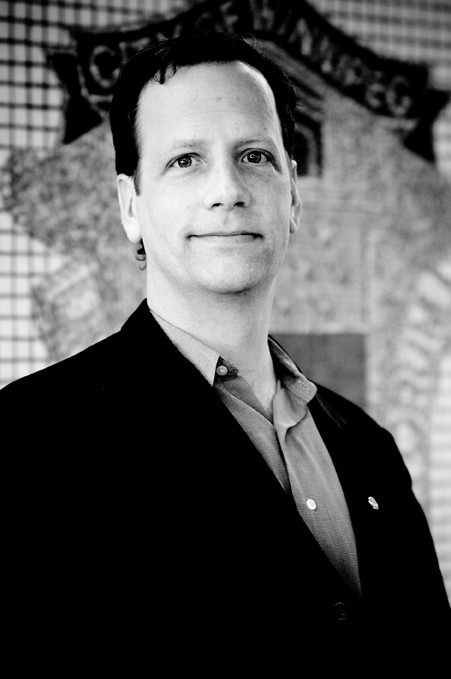Is the NDP taking over Winnipeg?
U of W discussion weighs merits of political parties on city council
Mayor Sam Katz says that political parties are taking over Winnipeg’s City Hall. And only he can stop them.
On Jan. 20, long-time NDP politician and current MP Judy Wasylycia-Leis announced that she will consider running for Winnipeg’s mayor.
“For whatever reason,” Katz said in his State of the City speech on Jan. 26, 2010, “the NDP have decided they want to take over, to take control, of City Hall.”
Winnipeg’s city council is made up of 15 individuals without any party affiliation that must compromise with each other to get things done. Many are now concerned that party politics are seeping into that pragmatic system.
“My job is to reach out to my community and act on my promises ... that’s how I indicate my values. Having a party logo by your name doesn’t do the trick,” said John Orlikow, city councillor for River Heights-Fort Garry.
Others, however, believe that Winnipeg already has political parties behind the scenes and that the provincial NDP and Progressive Conservatives exert great influence on the outcomes of civic elections.
“I have no problem with political parties at the civic level as long as it is open and accountable,” said Elizabeth Fleming, member at large of the Council of Women of Winnipeg (CWW), an organization committed to raising awareness over civic issues.
The CWW held a two-hour panel discussion at the University of Winnipeg on Monday, March 1 debating whether or not city council needs political parties. The presidents of all three provincial parties were invited to the discussion along with the president of the Green Party of Winnipeg and a member of the Winnipeg Citizens’ Coalition.
The presidents of both the Manitoba Liberal Party and the Progressive Conservatives attended, saying they have no interest in civic politics and no direct mechanism for endorsing civic candidates.
“The inflexible nature of political parties is not helpful to what City Hall does,” said Michael Richards, president of the PC party. “We have no interest in getting involved in civic politics.”
Others believe that political parties have always existed behind closed doors in Winnipeg.
“Every last city councillor has some kind of party affiliation,” said Christopher Leo, city politics professor at the U of W. “They are drawing on the support of the party machine to help them get elected, but at the same time they insist staunchly that they are non-partisan.”
The NDP competed as a municipal political party in Winnipeg from 1971 to 1987. Although in recent years they have backed away from formal party influence in the city, Leo and many others believe that they still endorse and fund candidates to run in city elections.
Lorraine Sigurdson, president of the Manitoba NDP, did not attend the U of W discussion and was unavailable for comment before press time.
“Candidates [other than the NDP] certainly benefit from Conservative organization,” said Fleming.
“ Every last city councillor has some kind of party affiliation.
Christopher Leo, U of W city politics professor
A recent post by Manitoba pollster Curtis Brown on his blog, Endless Spin Cycle, cited a long list of mayoral staff that have had direct ties to the PC party. That list included Hugh McFadyen, current leader of the Manitoba PC Party. He functioned as Katz’s first chief of staff and his campaign manager for the 2004 civic election.
Richards said the post merely pointed out “guilt by association.” He repeated again that the PC party is not interested in controlling city council.
There is more to the argument for political parties in Winnipeg, however.
In 1997, Winnipeg adopted structural changes based on a report by George B. Cuff and Associates, an Edmonton consulting firm. The recommendations of the Cuff report made the mayor into arguably the most powerful municipal official in Canada, Leo said.
Winnipeg’s mayor has the power to appoint the executive policy committee (EPC), a committee of city councillors that sets the government’s overall agenda. The EPC is made up of the mayor, the deputy mayor and the heads of each standing policy committee, such as infrastructure or downtown development.
Although Leo supports a strong mayor, the problem lies in the fact that the EPC do not campaign together and are not accountable for an overall policy agenda, like a party platform.
“We have cabinet-style government without the accountability of political parties,” he said.
Seven out of Winnipeg’s 15 city councillors are on the EPC, meaning that Katz needs to win over only one city councillor to get anything passed in City Hall.
Published in Volume 64, Number 22 of The Uniter (March 11, 2010)







